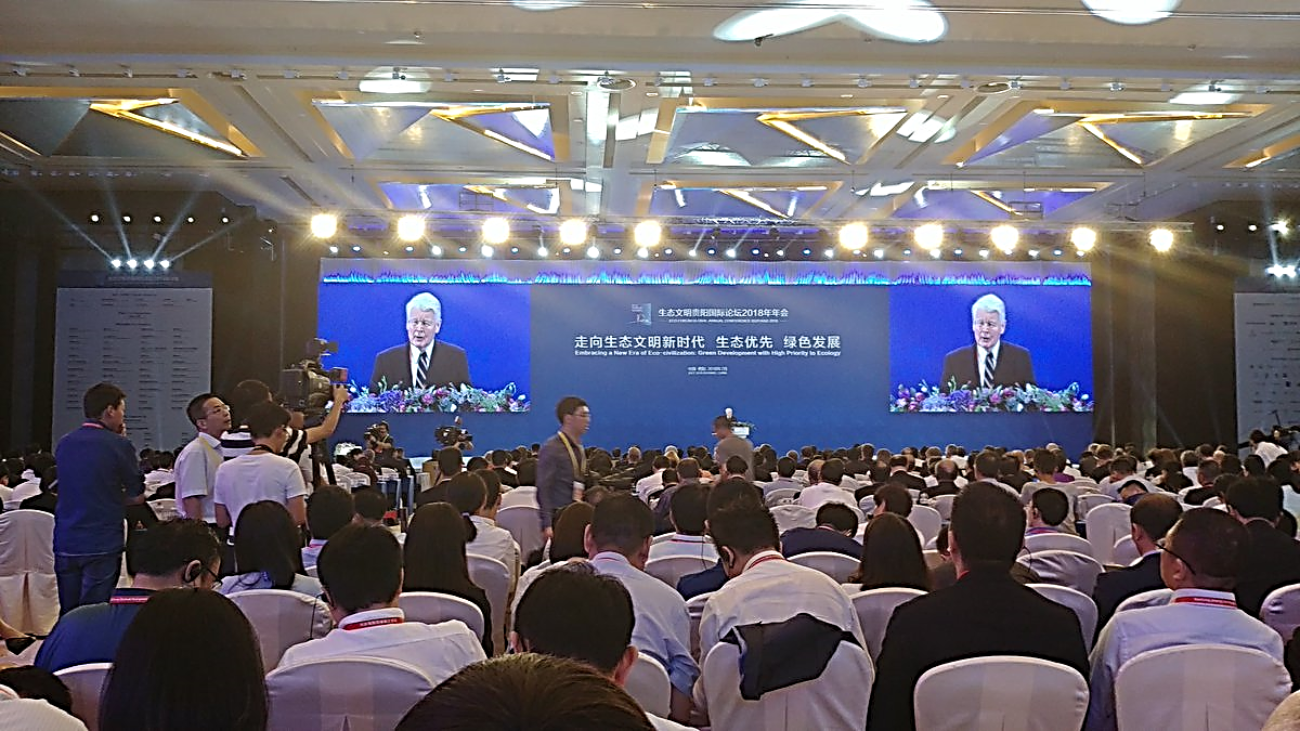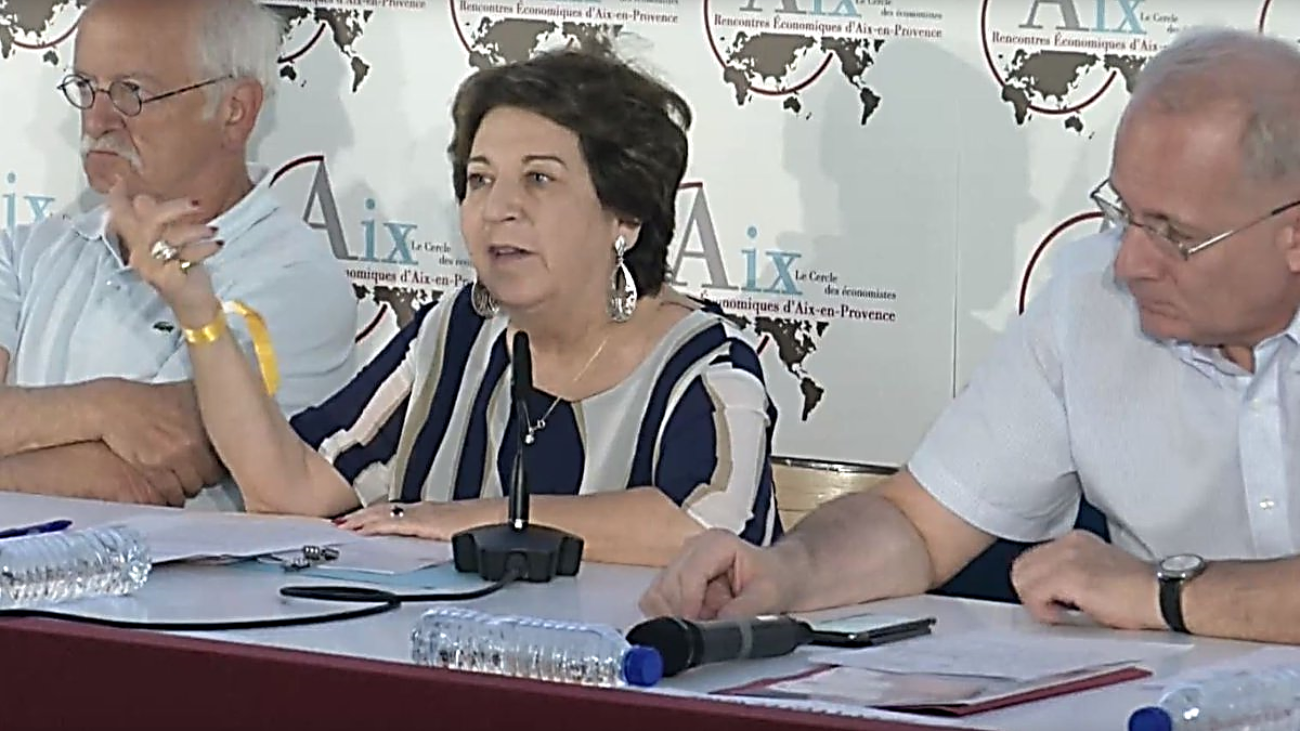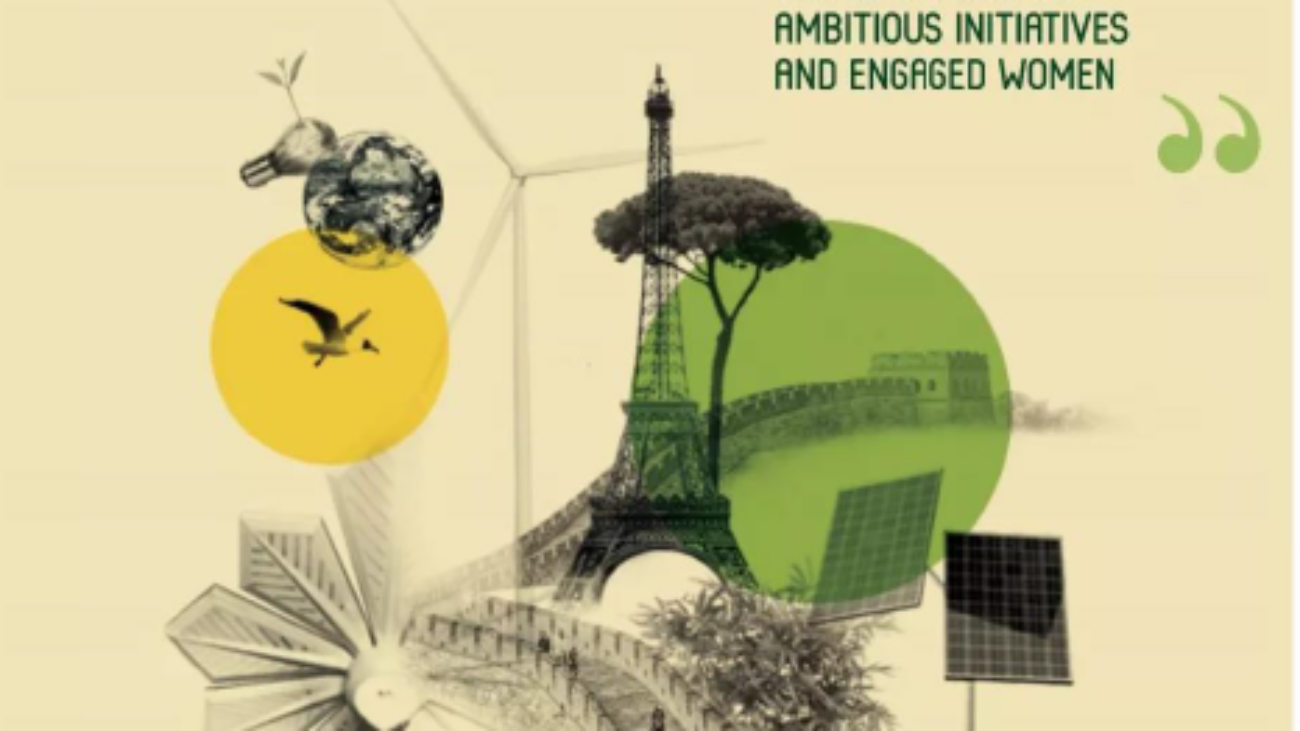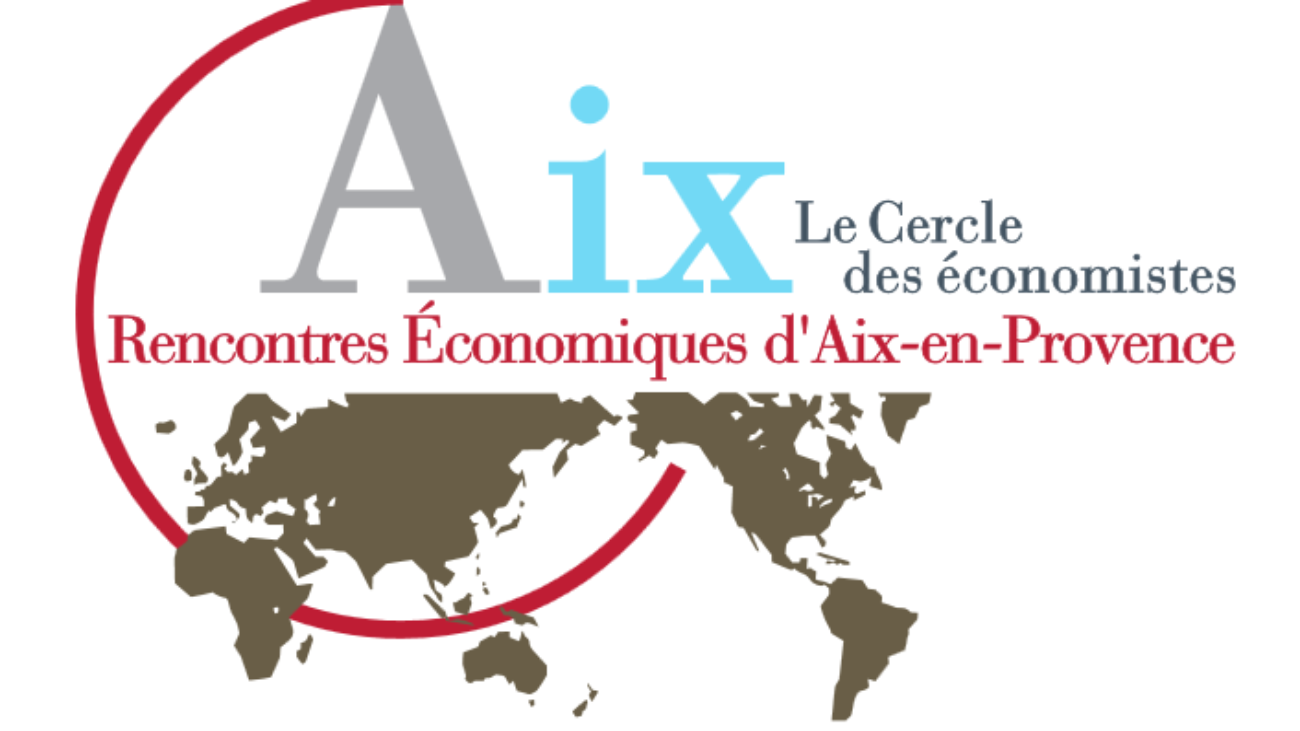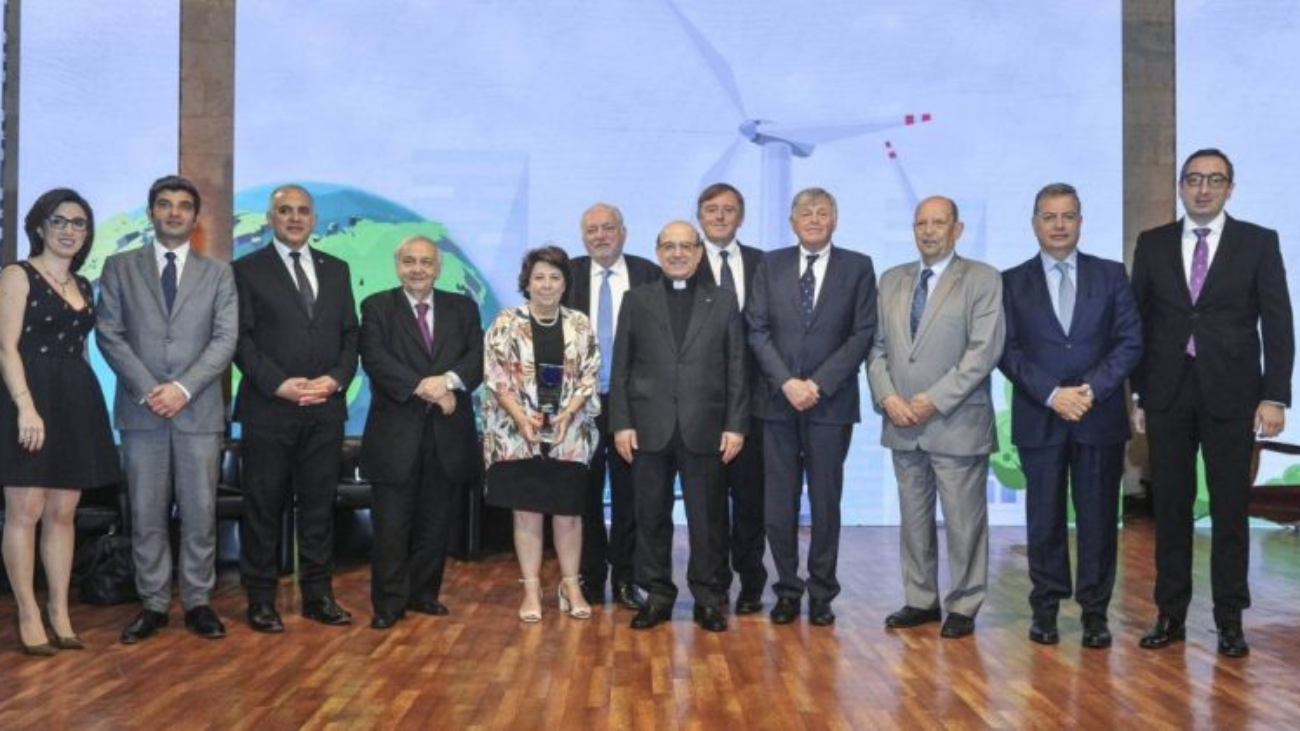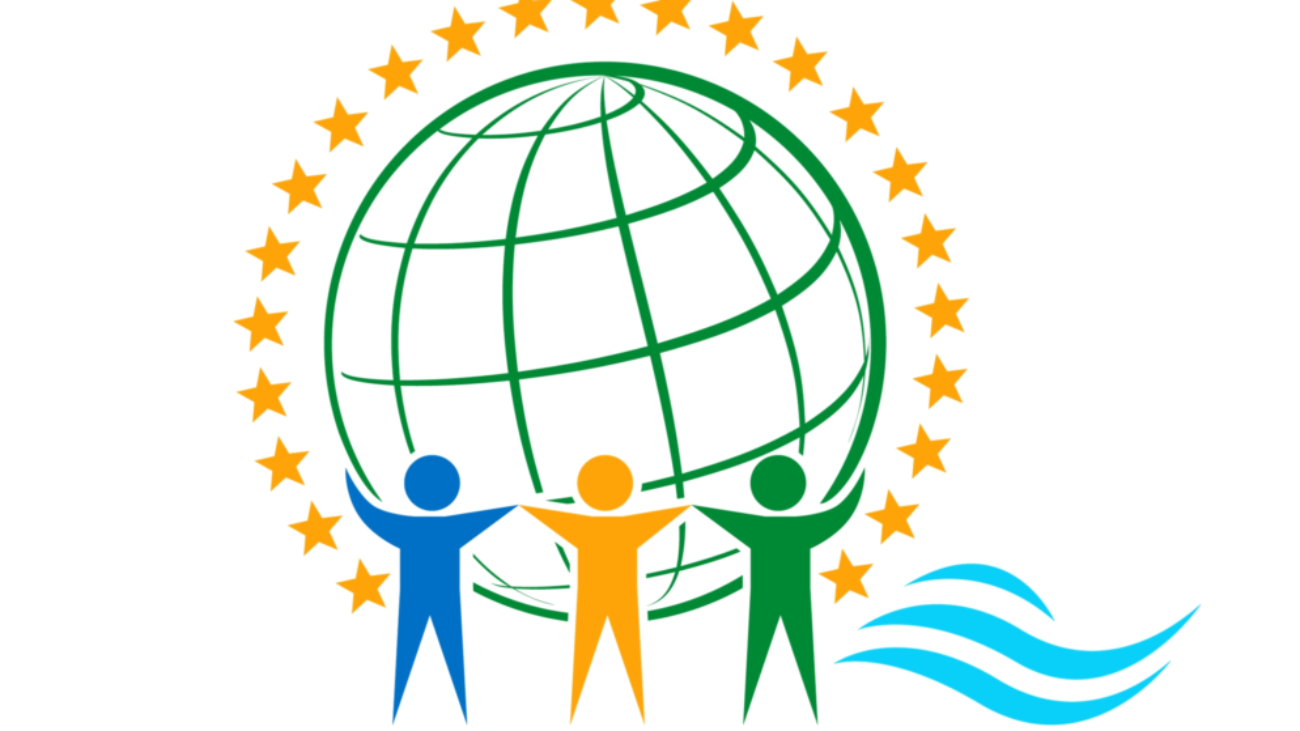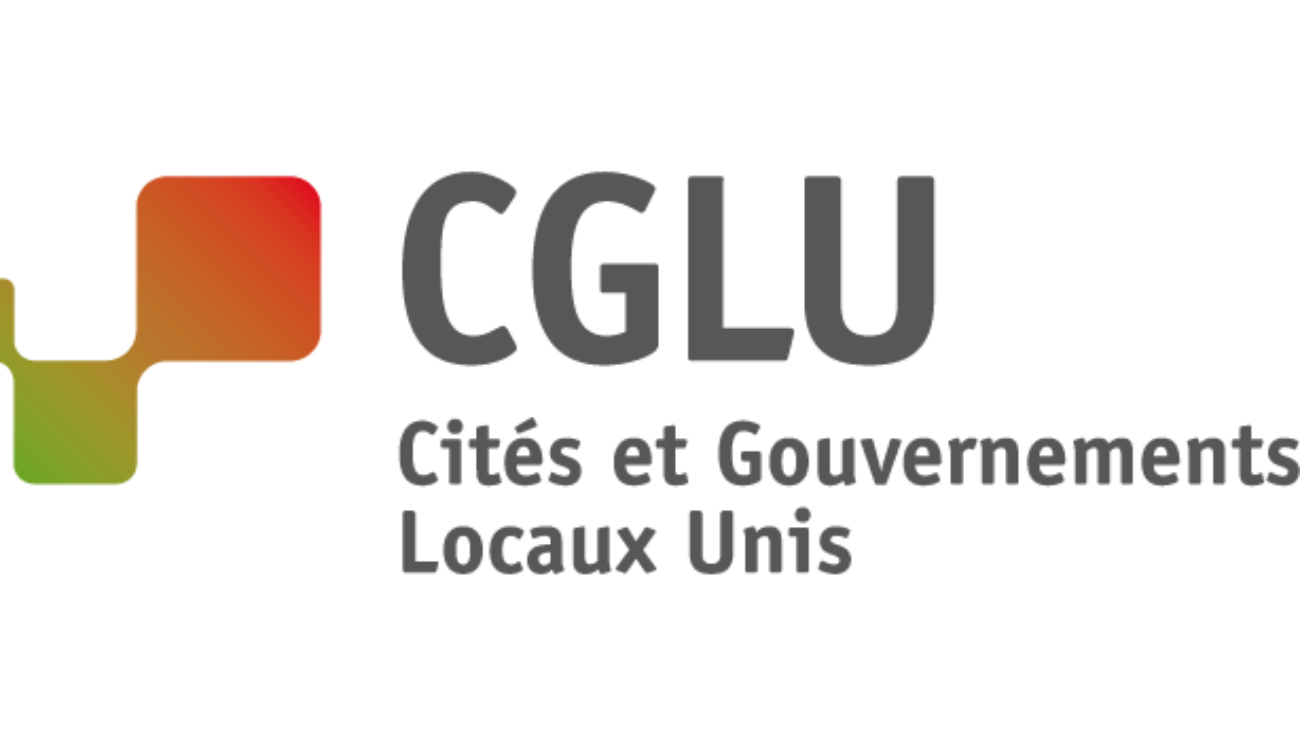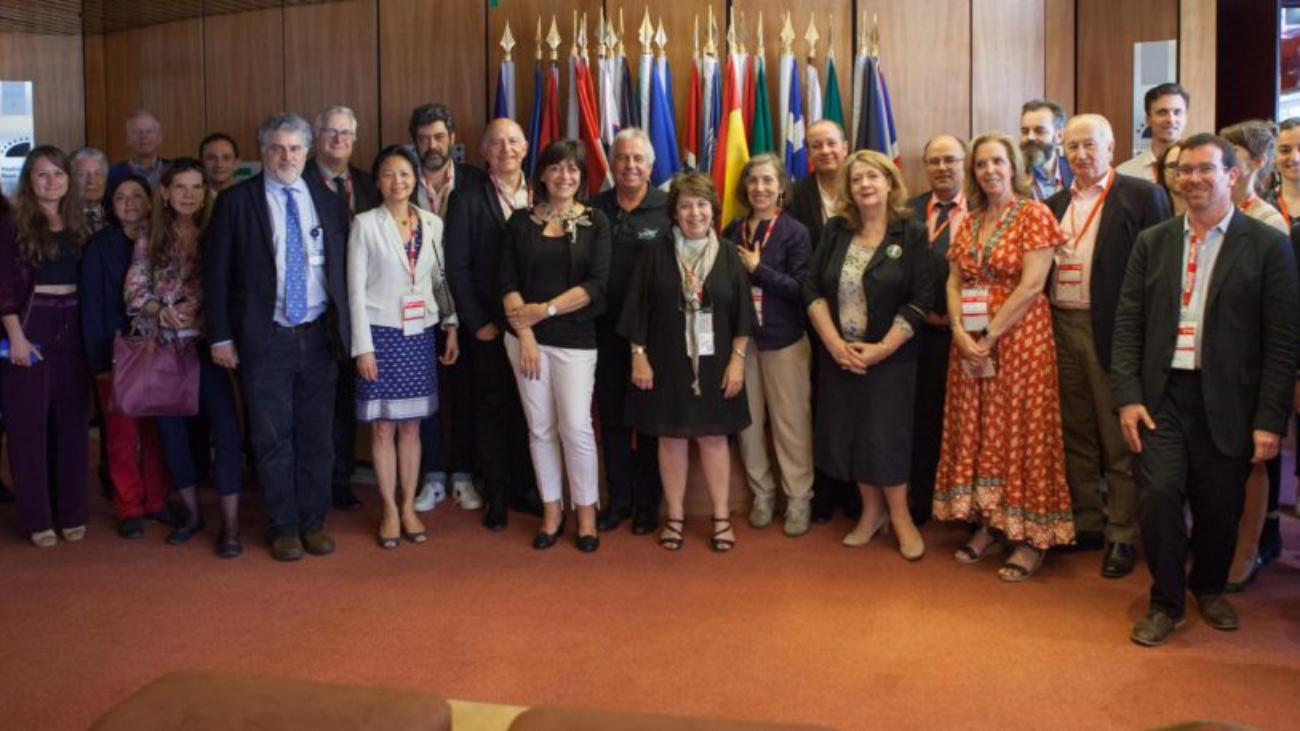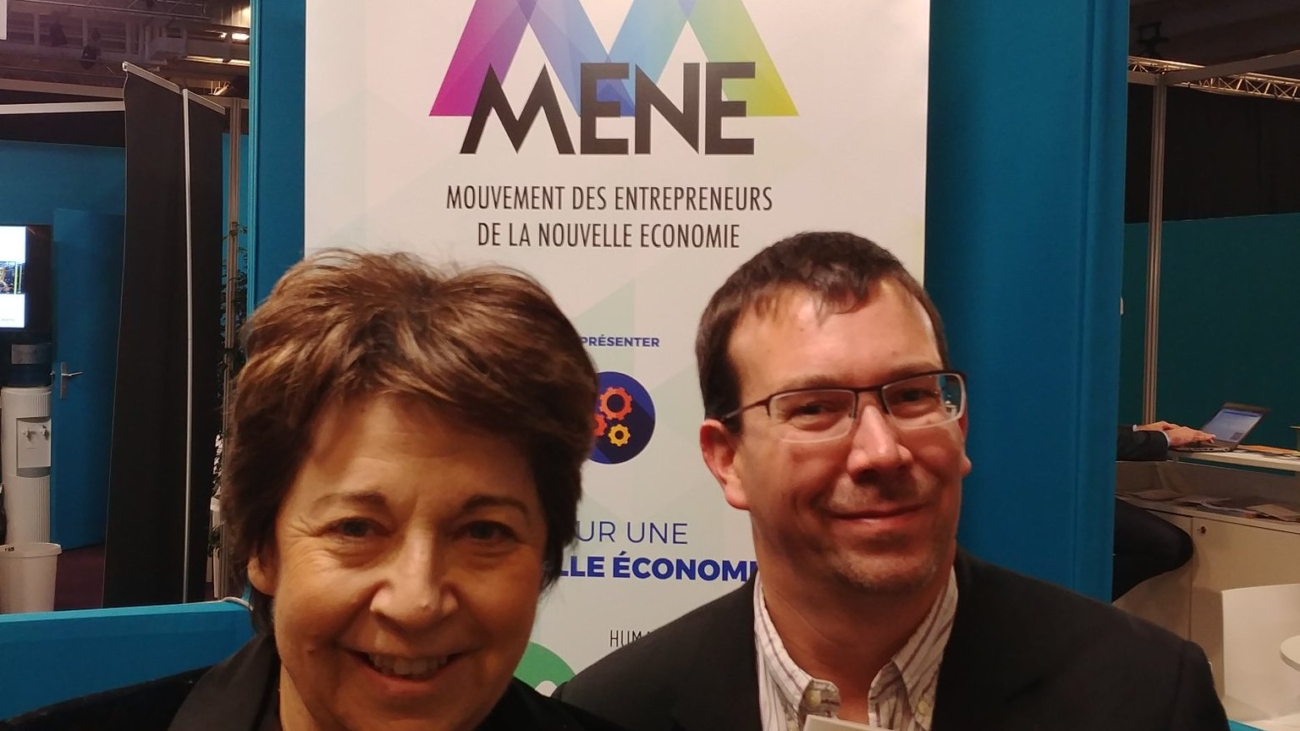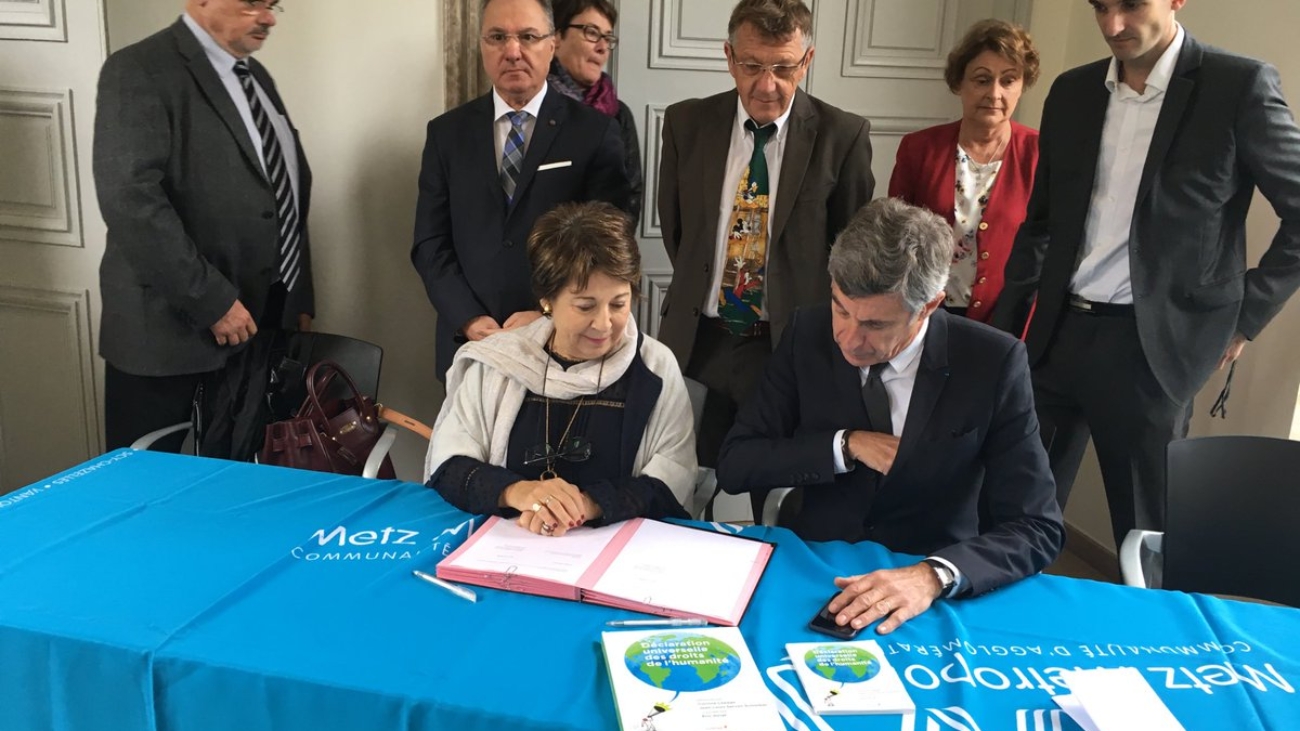The Declaration was presented at the 2018 Women Leaders in Ecology and Development Forum held in China on July 6.
The presentation of the Declaration was made in the presence of Corinne Lepage, President of the ADDHu and Nicolas Imbert, Administrator of the ADDHu.
The necessity, the urgency of a paradigm shift in ecological governance … towards multilateralism and new legal bases
“The climate challenge, which can tip humanity into an unpredictable world and which may ultimately be suicidal for the human race itself, calls for a surge of responsibility and therefore for commitments that concern all individuals, all communities and all States. “.
“The unprecedented challenge we are facing invites us to change our paradigm and to imagine another form of governance, one that is based both on multilateralism and on new legal foundations, capable of underpinning our common responsibility. “.
The Universal Declaration of Human Rights (UDHR), a new tool, a common basis…
“Binding nature and humanity together, the principles of the Declaration establish the responsibilities of all and therefore of each individual, whether a natural or legal person, public or private, national or international.
“Because it is a Declaration of the Rights and Duties of Humanity, the DDHu is a common basis, which is not attached to a particular culture or civilization, which does not stigmatize, which does not condemn.”
“But it is an essential foundation for that everyone recognizes his or her responsibility and accepts to commit to the common defense of the human species and the other species that share our planet. ”
Corinne Lepage explained that “It is about the awareness by humanity, in its diversity, of the unity of the problems it faces even if the responsibilities and means of each are not equivalent.
“Integrating at once the ecological challenges, the challenges of development, of peace, and those of technological revolutions, the Declaration aims to encompass the multiple responsibilities that our generation has for those that come before, but also for those that go before.”
Support and latest advances of the Declaration
- The Declaration has now the support of the former UN Secretary General Mr. Ban Ki-Moon and has been presented to the European Economic and Social Council.
- The Pacific Forum adopted a declaration in early May 2018 to make every effort to have the text adopted by the various parties before the end of the year.
- Associations of parliamentarians in Europe, around the Mediterranean, in the French-speaking world have taken up the issue. Numerous European and African bar associations support it, as well as federations of lawyers, including the International Conference of Bars and Law Societies of common tradition.
- Then, the academic world with the University of Modena being the first signatory, followed to this day by the network of major business schools in Lyon, the International Institute of Francophonie and the Leopold Senghor Chairs, and several universities in France, Europe and the United States.
- The world of NGOs, including Green Cross France and Territories, OMECA, an organization recognized by the UN and accredited Ecosoc, and many personalities from the world of the environment are signatories. About a hundred companies and economic organizations have joined the movement in which some states are also beginning to take an interest.


